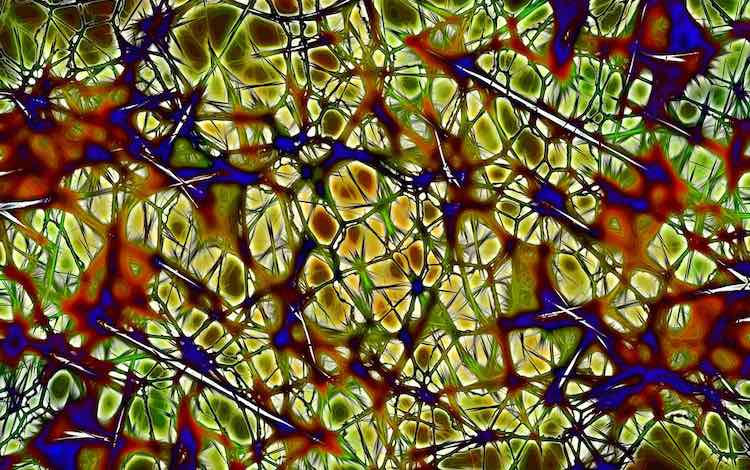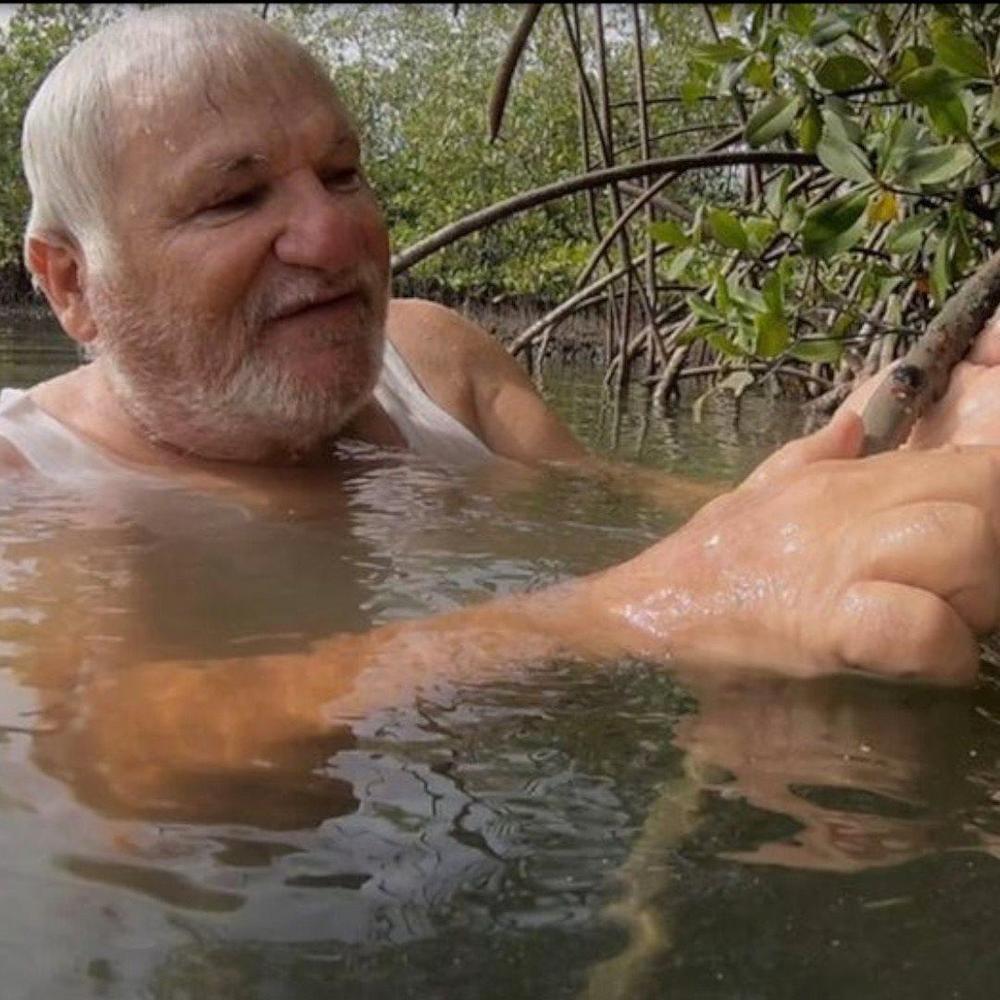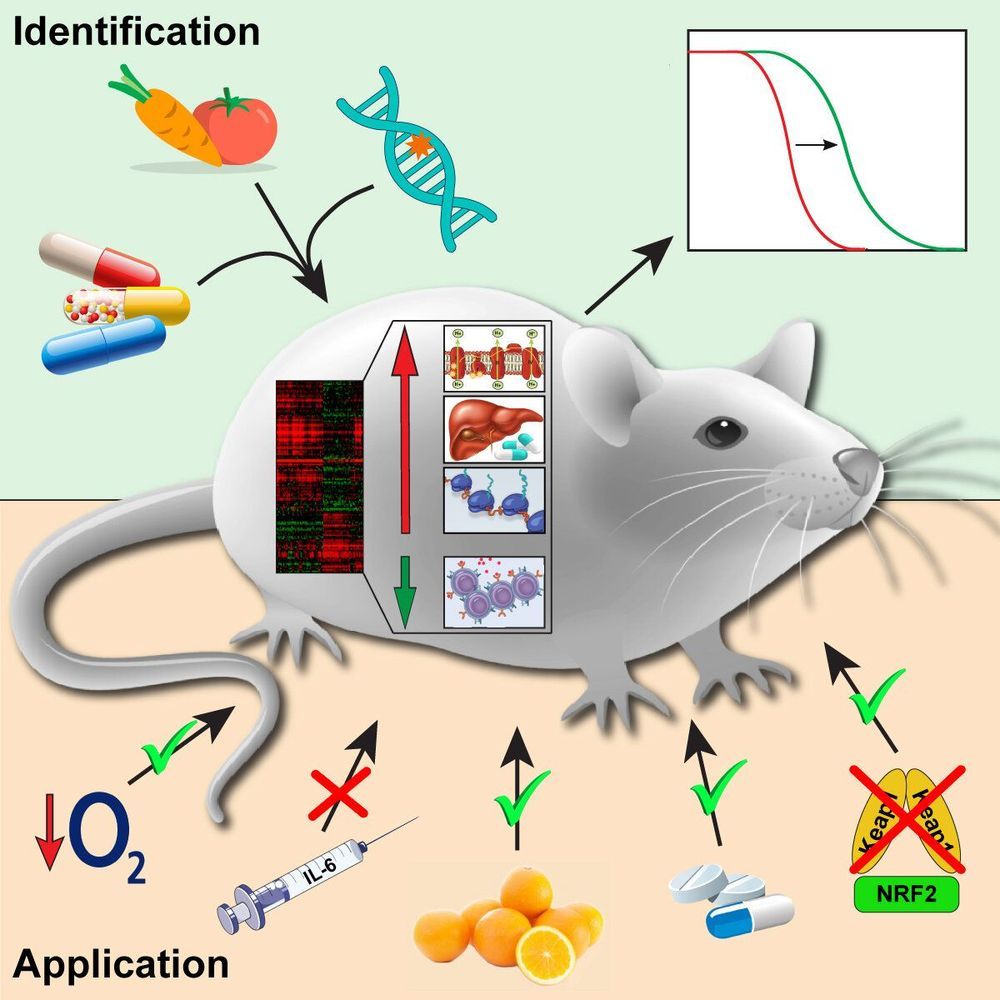
Homicide kills far more people than armed conflict, says new UNODC study
VIENNA/NEW YORK, 8 July (UN Information Service) – Some 464,000 people across the world were killed in homicides in 2017, surpassing by far the 89,000 killed in armed conflicts in the same period, according to the Global Study on Homicide 2019 published today by the United Nations Office on Drugs and Crime (UNODC).
“The Global Study on Homicide seeks to shed light on gender-related killings, lethal gang violence and other challenges, to support prevention and interventions to bring down homicide rates,” said UNODC Executive Director Yury Fedotov. “Countries have committed to targets under the Sustainable Development Goals to reduce all forms of violence and related death rates by 2030. This report offers important examples of effective community-based interventions that have helped to bring about improvements in areas afflicted by violence, gangs and organized crime.”


















